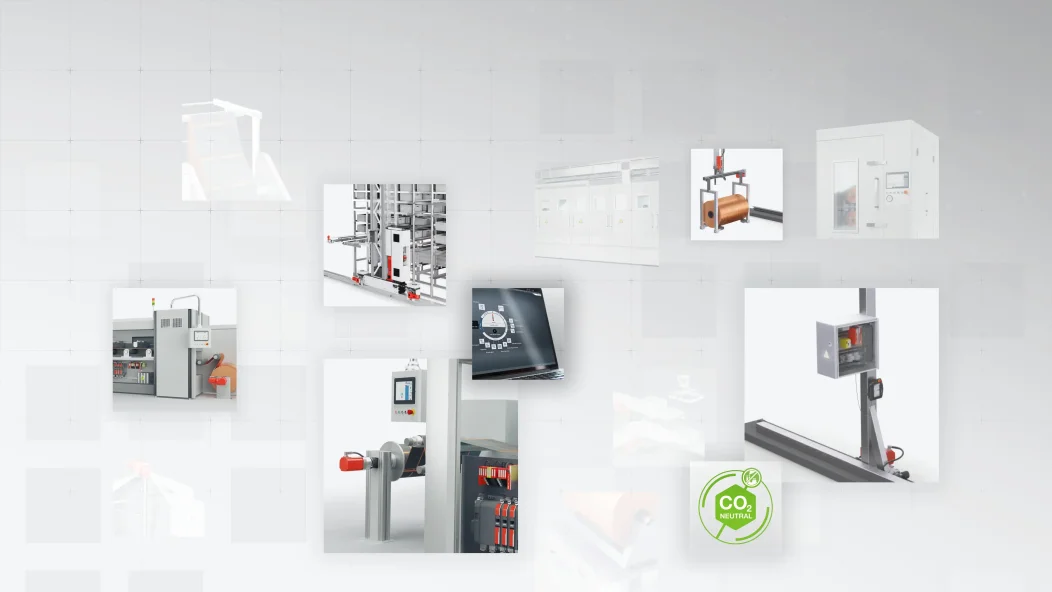The production of lithium-ion battery cells is a complex process. Production involves three main process steps, which in turn consist of a long series of complex individual operations. There are three cell types: Pouch/flat cells, cylindrical and prismatic/hardcase cells. Depending on which cells are manufactured, the respective production steps differ accordingly.
- Electrode production (mixing, coating, drying, calendering, slitting, vacuum drying)
- Cell assembly (separating, stacking and winding, insertion into housing/packaging, electrolyte filling) and
- Formation and aging (degassing, capping and folding).
Battery manufacturing must achieve high throughput as well as excellent quality and tremendous precision.
Our innovative drive and automation technology can reduce manufacturing costs and increase equipment availability. We have solutions for almost every process step in cell manufacturing.
Process technology solutions
